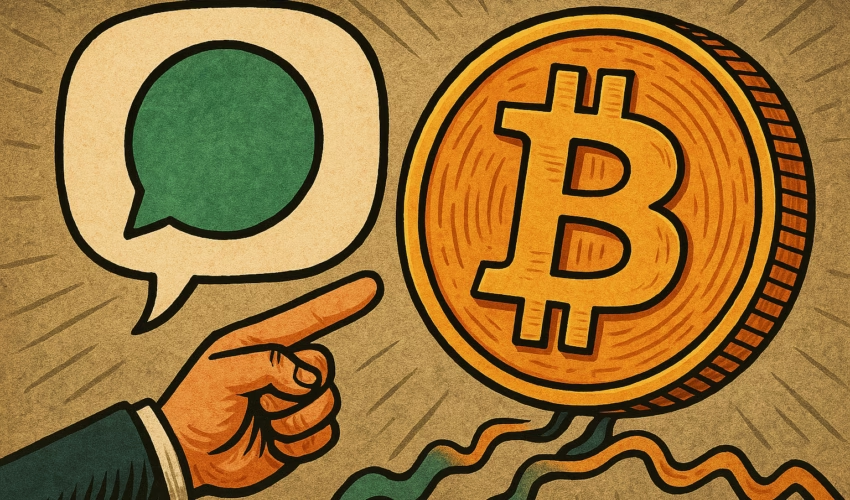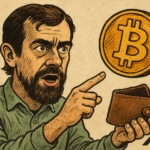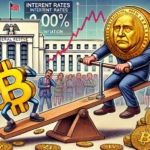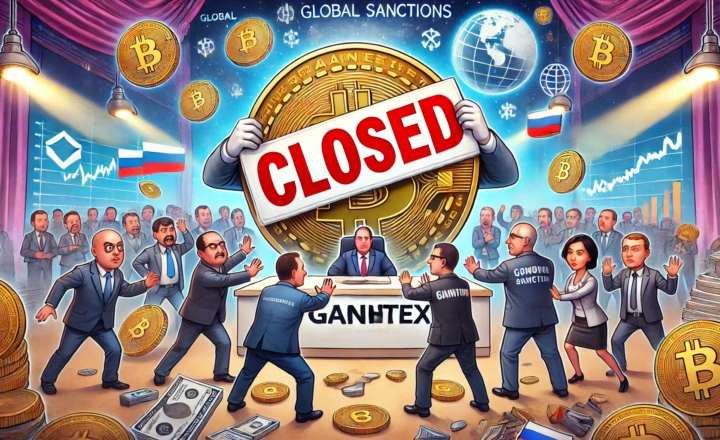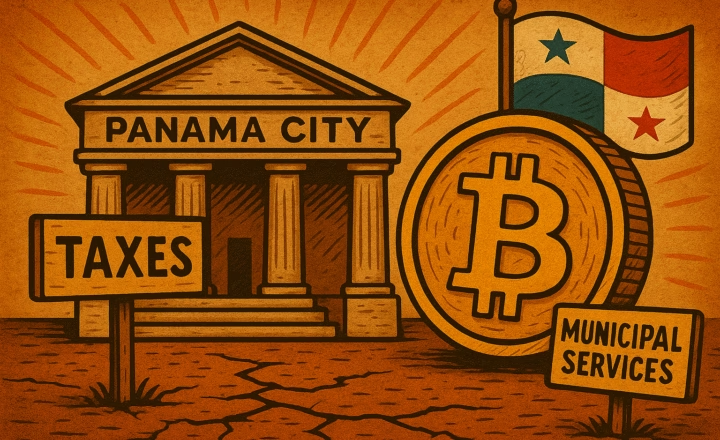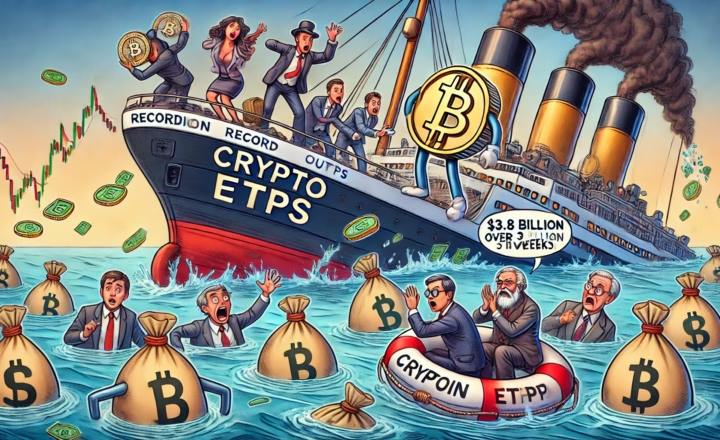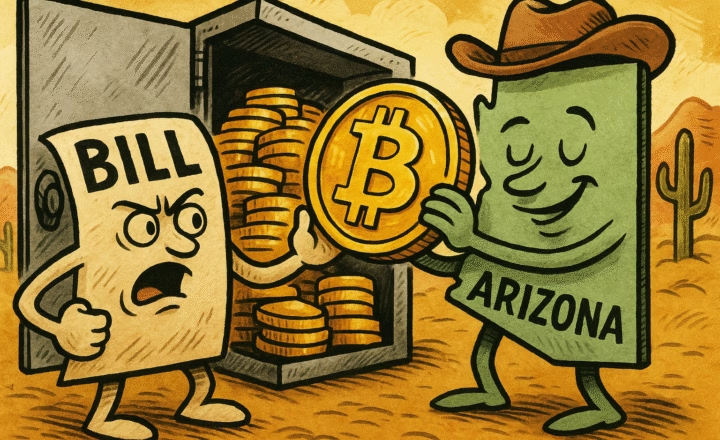A Shift Away from Altcoins? Bitcoin Advocates Eye Messaging Giant
Jack Dorsey, former Twitter CEO and founder of Block Inc., is calling on Signal Messenger to adopt Bitcoin (BTC) for its peer-to-peer payment infrastructure—challenging the app’s current reliance on the altcoin Sentz, formerly known as MobileCoin.
On April 9, Dorsey publicly responded to a post by Bitcoin developer Calle, who suggested that Signal would be a natural fit for BTC payments, given its commitment to privacy and decentralization.
“Signal should use Bitcoin for P2P payments,” Dorsey posted on X, triggering a wave of support from crypto purists and industry veterans.
true. signal should use bitcoin for p2p payments https://t.co/kGLykl0i6r
— jack (@jack) April 9, 2025
Among those backing the proposal was David Marcus, former PayPal president and current CEO of Bitcoin-focused payments firm Lightspark, who said,
“All non-transactional apps should connect to Bitcoin.”
Signal’s Quiet Commitment to Sentz
Despite its reputation as a privacy-first messaging app, Signal currently supports only Sentz (formerly MobileCoin) as its in-app crypto payment option. Introduced in 2021 under the original MOB ticker, the ERC-20 token quickly became controversial due to:
-
Alleged financial ties between MobileCoin insiders and Signal developers
-
A lack of transparency around its tokenomics and distribution
-
Suspicious market activity ahead of Signal’s integration announcement
Sentz was designed as a privacy coin for fast, encrypted transactions and is backed by investors including Coinbase Ventures and BlockTower Capital.
However, Bitcoin advocates argue that the app’s continued use of a low-adoption altcoin contradicts both Satoshi Nakamoto’s vision and Signal’s own decentralization ethos.
The Broader Trend: Social Apps Shunning Bitcoin
Signal’s hesitance to integrate Bitcoin mirrors a broader industry pattern. Major platforms have historically opted to create or integrate proprietary altcoins over supporting Bitcoin as digital cash.
-
Meta’s Libra (later Diem): An ambitious stablecoin project led by David Marcus that failed after regulatory pushback
-
Telegram’s Toncoin (TON): Though not officially managed by Telegram, the token is heavily promoted within its ecosystem
-
X (formerly Twitter): Long rumored to launch its own token, though Elon Musk denied such plans in 2023
These examples underscore the challenge Bitcoin faces in being adopted not just as an asset, but as a usable payment network—especially in consumer-facing apps.
Final Thoughts: Can Signal Rekindle Bitcoin’s Original Purpose?
For Dorsey and other Bitcoin evangelists, getting Bitcoin embedded into messaging platforms like Signal is about more than feature expansion—it’s about reclaiming Bitcoin’s core utility as peer-to-peer electronic cash.
With millions of privacy-conscious users, Signal represents a prime opportunity to revive Bitcoin’s transactional relevance—especially amid growing interest in Layer 2 solutions like the Lightning Network, which can enable fast, low-fee BTC transfers.
Whether Signal responds to Dorsey’s push remains to be seen. But the debate highlights a growing tension in crypto: Will mainstream platforms support the open-source, decentralized foundation of Bitcoin—or continue promoting altcoins tied to their own ecosystems?
In the age of digital identity, encryption, and programmable money, the answer could shape the next phase of crypto adoption.

